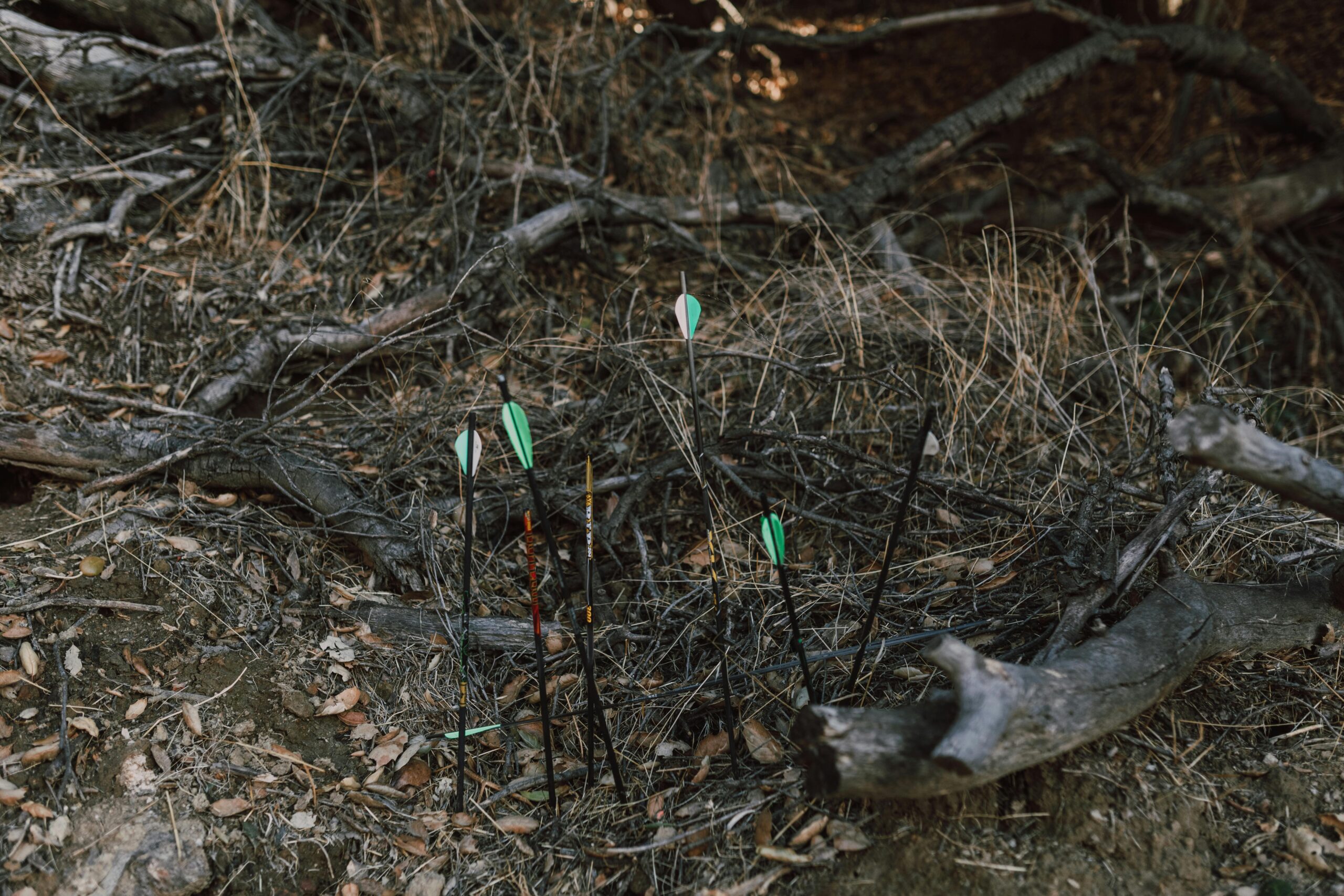Hunting has long been a cornerstone of human existence—shaping our evolution, culture, and understanding of the world. From the early days when humans relied on their skills to survive in the wild, to modern-day conservation-focused hunting, this ancient practice continues to resonate with countless individuals. For many, hunting is far more than a mere sport; it is an ongoing journey—a rite of passage and a spiritual pilgrimage that leads to deeper self-awareness and a profound connection with the natural world.
The Call of the Wild: A Pursuit Beyond the Game
The call to hunt is not merely a desire to bring home a prize; it’s a whisper from the wilderness, urging us to venture into its vastness, to be part of something larger than ourselves. The hunter’s path is one of both inner and outer exploration, where success is measured not just by the harvest but by the transformation experienced along the way.
In many ways, hunting is a practice of mindfulness. It demands presence in the moment—attuning all senses to the sounds, sights, and smells of the wild. Whether stalking a deer through the dense underbrush or waiting silently in a tree stand, every action is deliberate. The world falls away. Time slows. The only thing that matters is the next step, the next breath, the next flicker of movement in the brush.
It is a paradoxical journey—a simultaneous quest for solitude and connection. As hunters, we seek moments of isolation in nature, yet we also seek a deeper relationship with the earth, with the animals we pursue, and with each other. The forest becomes not just a backdrop for the hunt, but a sacred space where all things are interconnected, where the hunt is an offering and a conversation with the land itself.
Understanding the Animal: A Relationship Built on Respect
Hunting requires a deep understanding of the animals we pursue. It’s a study of their habits, movements, and behaviors—an exercise in empathy. The hunter’s job is not simply to track and kill but to recognize the dignity and life of the animal. Every successful hunt is, in a sense, a shared experience between hunter and prey. This understanding fosters an ethic of respect, where the act of hunting becomes an acknowledgment of the animal’s role in the broader web of life.
Modern hunting practices emphasize ethical considerations—fair chase, respect for the animal, and a commitment to conservation. The focus is on sustainable practices that ensure wildlife populations remain healthy and balanced. This ethic stems from the belief that hunting is not about domination over nature, but a harmonious participation in it. The successful hunter is one who leaves no trace, who takes only what is needed, and who honors the animal in every step of the process—from the moment of the hunt to the careful preparation of the meat.
One of the most profound aspects of hunting is the reverence it brings. The hunter, standing over a downed animal, feels a deep sense of gratitude for the life that has been taken. It is a moment of reflection, a time to honor the sacrifice of the animal and the gift it provides. In this way, the hunt becomes a spiritual experience, a reminder that life and death are inextricably linked.
The Preparation: A Sacred Ritual
A successful hunt begins long before the first step into the wilderness. The preparation is where the true journey begins. It is in the planning, the gathering of gear, the scouting of the land, and the sharpening of skills that the hunter finds a deeper connection to the process. Every tool is examined, every piece of gear meticulously chosen, for the hunter knows that the right preparation is as much a part of the hunt as the pursuit itself.
Selecting the perfect hunting boots, ensuring your rifle is zeroed, or studying the migration patterns of elk—all of these are tasks that demand attention to detail. But it’s not just about being technically prepared; it’s about mentally preparing as well. The hunter must be prepared for the unknown—the long days spent trudging through the snow, the quiet hours in a blind, or the moments of disappointment when game is scarce. Patience and perseverance are forged in these moments of preparation.
And then there is the physical conditioning. The hunt is often demanding, requiring stamina and strength. Whether you’re trekking miles into the backcountry, climbing steep hills, or carrying heavy gear, hunting challenges the body as much as it challenges the mind. In this sense, hunting is not just an escape into nature, but an opportunity to grow, to become more resilient and attuned to your own capabilities.
The Challenge of the Chase: A Test of Character
While many see hunting as a pursuit of trophies, seasoned hunters understand that the true challenge lies in the chase itself. Each hunt is unique—an intricate dance between the hunter and the environment. The terrain, the weather, the animals, and the hunter’s own mental state all contribute to the outcome. It’s not just about bagging the game; it’s about overcoming obstacles, learning from mistakes, and persisting when success seems distant.
The chase tests character. There are moments of frustration—when the wind shifts and game is alerted, or when you’ve spent hours tracking an animal only for it to slip through your fingers. There are moments of doubt, when the hunter questions whether the pursuit is worth the effort. And then there are the moments of triumph—the heartbeat before the shot, the rush of adrenaline as the animal appears, and the stillness afterward. These fleeting moments of victory are hard-earned and unforgettable, but they pale in comparison to the lessons learned in the moments of failure.
For many hunters, it’s the challenge of the chase that defines the experience. The pursuit itself is where growth occurs, where the hunter is transformed by the very act of hunting. It is in the struggle and the striving that we find meaning, and through it, we learn more about our own limits, our desires, and our strengths.
Conservation: The Unseen Role of the Hunter
While hunting is often portrayed in the media as a controversial or even harmful activity, the reality is that modern hunters play a crucial role in wildlife conservation. Far from being a threat to wildlife, ethical hunters are often at the forefront of efforts to maintain healthy ecosystems.
Through the purchase of hunting licenses, fees, and taxes on equipment, hunters contribute billions of dollars each year to wildlife management and habitat restoration programs. These funds help ensure the preservation of public lands, the protection of endangered species, and the maintenance of healthy, sustainable populations of game animals. Hunters are also active participants in wildlife surveys and land stewardship projects, often working alongside biologists and conservationists to improve the quality of habitats and safeguard biodiversity.
It is a misconception that hunting harms wildlife populations. In fact, regulated hunting practices are often essential for controlling overpopulation and maintaining a balanced ecosystem. In places where predators have been eradicated or human encroachment has disturbed natural habitats, hunting provides a vital tool for population management, ensuring that the land remains healthy and that no single species overwhelms the system.
The Hunt as a Way of Life
At its heart, hunting is a way of life. It is about more than just filling a tag or returning home with a trophy; it is about immersion in a world where each day brings new challenges and rewards. The hunt connects us to our past, to a time when survival depended on skill and resourcefulness. It connects us to the land, to the animals, and to each other.
In an age of instant gratification and technological distractions, hunting offers something rare—an opportunity to disconnect, to test our limits, and to experience the world in its raw, unfiltered form. It is a return to the elemental, a chance to rediscover what it means to be part of nature’s intricate web.
For those who answer the call, hunting is a lifelong pursuit—one that offers not only the thrill of the chase but a deeper understanding of the world and a profound sense of fulfillment. The hunt is an adventure, an education, and a reminder that, in the grand scheme of things, we are all part of the same story—connected by the land, the animals, and the eternal rhythm of the wild.


